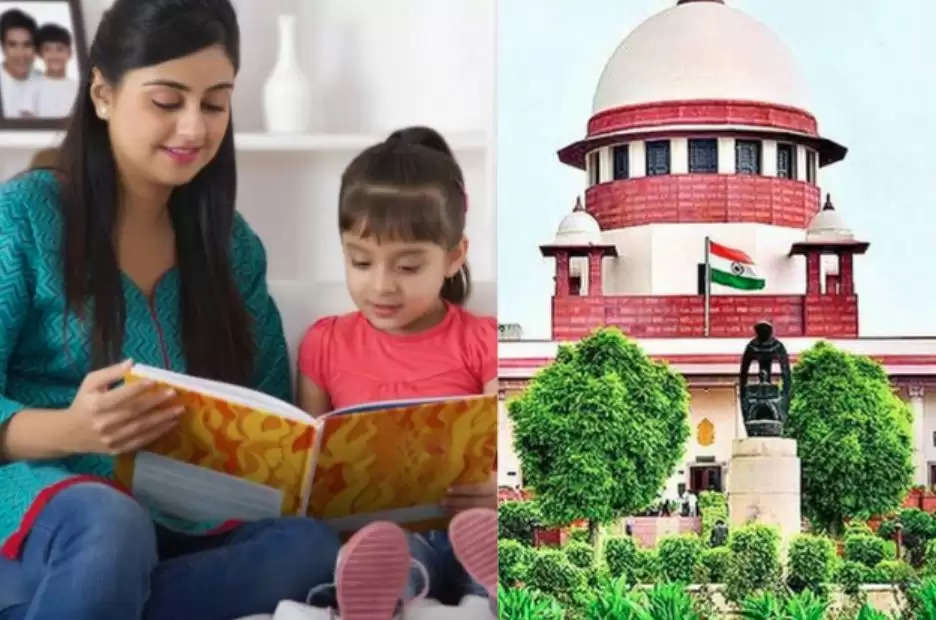Supreme Court Decision: Daughter-in-law gets this right in mother-in-law's property, Supreme Court reverses its old decision
Supreme Court Decision: As a mother, daughter and daughter-in-law, a woman fulfills many important responsibilities in her life. The woman is the Lakshmi of the house and she has full rights on the property. But whenever it comes to property division, the rights of daughter and daughter-in-law are governed by different laws. A daughter has equal rights in her father's property as her brother. But do you know how much right the daughter-in-law has in the property of her mother-in-law and father-in-law? Let us know in detail below...

The Kalamkar News (New Delhi). People have many questions regarding property. Especially when the property belongs to the father or father-in-law. Who can claim any property? Who can be entitled to it and etc. Well, with the changing times, the rules and regulations also keep changing.
Codes are also changed according to the needs of the new times and laws also change. There is lack of information among people regarding property related laws.
Often, property related disputes are seen due to confusion and lack of information related to it. Today we will tell you about the decision of the Supreme Court regarding the right of the daughter-in-law in the in-laws' house and property.
The Supreme Court has given a historic decision on Thursday. The Supreme Court said that under the Domestic Violence Act, the daughter-in-law has the right to live in the house of her husband's parents. A three-judge bench headed by Justice Ashok Bhushan has overturned the decision of a two-judge bench in the Tarun Batra case.
The court said in its decision that the wife who is a victim of domestic violence will get the right in the shared property of the family and also in the residential house. The Supreme Court has clearly stated in its decision in this regard that the victim's wife will have the legal right to live in her in-laws' ancestral property and the shared property i.e. the house.
She will definitely have rights over the property acquired by her husband i.e. the house built separately. The Supreme Court has clarified many things by citing the Domestic Violence Act 2005 in its decision.
While hearing the case, the bench overturned the decision of the two-member bench and also answered 6-7 questions. The bench gave this decision while hearing the 2006 case of SR Batra and others vs Tarun Batra.
It is noteworthy that in the Tarun Batra case, a bench of two judges had said that according to law, daughters cannot live in the property owned by their husband's parents.
Now a three-member bench has overturned the decision of Tarun Batra and answered 6-7 questions. The court said that the daughter-in-law has rights not only in the husband's separate property but also in the shared house.
